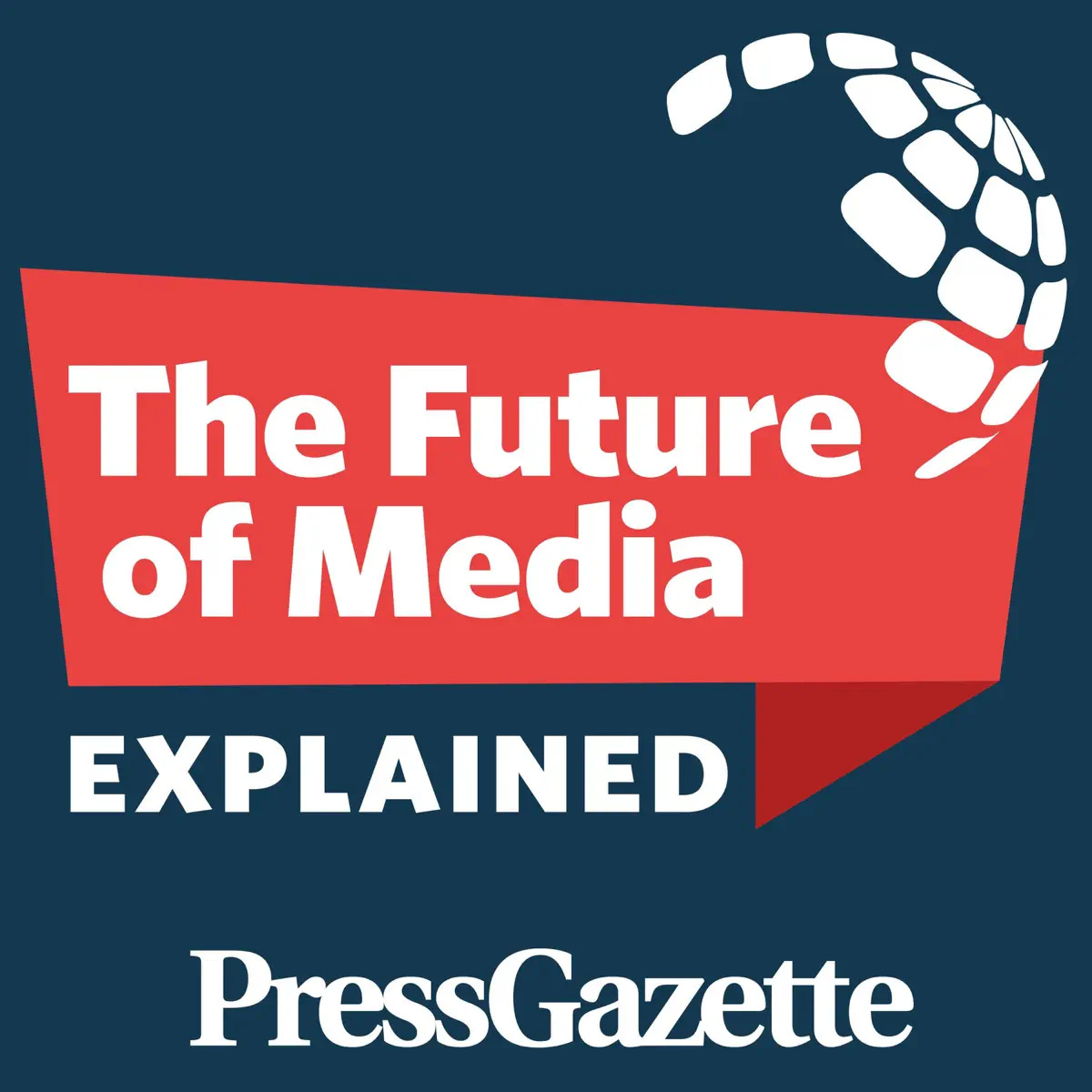Impartial Reporter stems print decline as it turns 200 | Top 50 UK news sites in April
Plus we have your news diary for the week ahead
Good morning and welcome to your daily Press Gazette news briefing on Tuesday 6 May.
As one of the best-named local newspapers in the UK approaches its 200th birthday, I'm relieved to report that it appears to be bucking the wider regional news media trend of decline.
The Northern Ireland-based Impartial Reporter has slowed the pace of print decline and made significant strides in growing its paid-for online readership.
Today we also have the latest UK top 50 news websites which, for the first time, features Substack. The US-based platform is famous for helping journalists to make money from their email newsletters. But it is also now attracting serious traffic to the network of websites which are also powered by its publishing platform.
And after World Press Freedom day on Saturday, I am reflecting today on the huge privilege it is to work in a country where the right to freedom of expression is upheld.
Whatever populist politicians say about Britain being 'broken' you do not have to travel far to see what real hardship looks like.
Europe's hostile neighbour Russia ranks 171st out of 180 nations because almost all independent media has been blocked or banned. Further afield, China ranks 178 out of 180 as the world's largest prison for journalists,
The backslide of press freedom in democracies is perhaps more alarming.
Palestine ranks 163rd out of 180 countries listed in the RSF World Press Freedom Index. RSF notes: "Palestine has become the world’s most dangerous state for journalists, as almost 200 reporters were killed in Gaza by the Israeli army over the first 18 months of war, at least 42 of whom were likely killed due to their work."
And the USA ranks 57th (far below most European democracies). RSF notes: "President Donald Trump was elected to a second term after a campaign in which he denigrated the press on a daily basis and made explicit threats to weaponise the federal government against the media. His early moves in his second mandate to politicise the Federal Communications Commission (FCC), ban the Associated Press from the White House, or dismantle the US Agency for Global Media, for example, have jeopardized the country’s news outlets and indicate that he intends to follow through on his threats, setting up a potential crisis for American journalism."
So a belated happy Press Freedom Day for Saturday. We should never take it for granted.
On Press Gazette
The staff of The Impartial Reporter. Left to right: Jasmin Walls, Heather McDaniel, Rodney Edwards, Editor, Fionn Nolan, Shane Dillon, Victoria Johnston, John McVitty, William Smith, Katherine Hardy, June Clarke, Advertising Manger, Karen McCabe, Pamela Dunn Stephanie Wiggins and Victoria Ellingson (Image: Ronan McGrade)
Impartial Reporter stems print decline and grows digital sales as it turns 200
“I suppose what we’re seeing is a real appetite for that type of journalism.”
50 biggest UK news websites: Substack enters ranking in March
Substack now reaches 6% of the UK population, more than US news website CNN, which dropped off the top-50 list in March. Substack has entered the ranking in 49th place, above The Scotsman in 50th.
News diary 5-11 May: Harry vs Mail hearing, Met Gala, BAFTAs, VE Day commemorations
A look ahead at the key events leading the news agenda this week, from the team at Foresight News.
News in brief
The US Department of Justice has asked a federal judge to require Google to sell its ad exchange and publisher ad server businesses, as well as to share data on real-time ad bidding. It comes after the DOJ already asked a judge to force the company to sell its Chrome web browser last year. (Financial Times)
Technology Secretary Peter Kyle reportedly no longer prefers an "opt-out" approach to AI and copyright, according to The Guardian. An opt-out model would create the presumption that AI companies may train models on publisher and creator content unless they explicitly forbade it. (The Guardian)
A vice president of Google's DeepMind has testified in court that the company can train its search-specific AI products like AI Overviews on web content even when publishers have otherwise opted out of training Google AI products. It is only possible to fully opt out by declining to be indexed for search altogether. (Bloomberg)
Today presenter Nick Robinson has said the proliferation of podcasts and YouTube as platforms for interviewing politicians and other prominent figures threatens democracy by undermining the idea of "a shared space for a national debate". (The Guardian)
The Telegraph breached the Editors' Code by failing to include the Muslim Association of Britain's position that it is not affiliated with the Muslim Brotherhood, meaning readers could "believe that the allegation had gone unchallenged and is accepted". The Telegraph accused IPSO of "undermining free speech" in response because the piece had quoted Michael Gove speaking in Parliament.
Reuters picked up the Pulitzer Prize for investigative journalism with its report on Chinese and Mexican suppliers sneaking cheap chemicals into the US to fuel the synthetic opioid crisis. ProPublica won the public service prize for a second year running. (Reuters)
Scotland's first minister has urged PA Media to reconsider a plan to cut 8% of UK editorial staff (with 6 journalists in Scotland at risk). John Swinney said: "PA staff are an integral part of the authoritative and reliable reporting of events and political engagement". Original Press Gazette story on the PA Media cuts proposal here and John Swinney's full comments here.
Meanwhile PA Media Group has appointed Bruce Marson as chief financial officer. Marson joins the company from M&C Saatchi, where he was group chief financial officer, and will start work next month.
An exhibition featuring political cartoons previously published in The Times, Mail, Telegraph and Guardian was reportedly cancelled after the venue said it was a "politically neutral environment". (The Times)
Donald Trump has signed an executive order to end federal funding for NPR and PBS. The chief executive of PBS called it "blatantly unlawful" and NPR said it "will vigorously defend our right to provide essential news”. (NPR)
Sun political editor Harry Cole is changing role after five years to become editor-at-large based in the US, which will see him host an evening politics show on Youtube, Talk and social media. He will also write a column for the New York Post and appear on Fox News.
The Camden New Journal is launching a paid newsletter offering extra features and interviews and a weekend politics column, telling readers: "Every penny from paid subscriptions will go directly into covering the costs of what we do." (Camden New Journal)
The White House has launched a Drudge Report-style website called White House Wire to promote stories favourable to Donald Trump. (Axios)
Also on Press Gazette
Evening Standard reports £20m loss in slight improvement versus 2023
UK local publisher ‘deeply concerned’ about Facebook account ban ahead of election
How Express editor Tom Hunt plans to set title up for next 125 years
Ofcom says enforcement action coming as Press Gazette highlights Facebook offences
Essex Police loses accuracy complaint versus Telegraph over Allison Pearson questioning
B2B title ESG Investor closes amid ‘anti-woke’ backlash to sustainable investing
Latest podcast: Making political news pay the Politico way
Press Gazette senior reporter Bron Maher talks to Politico executive editor for Europe Kate Day about the niche brand's rapid expansion on this side of the Atlantic.
The title launched in Washington in 2007 and has been in Europe since 2015. It now has 350 staff in Europe with 45 journalists in the UK alone. Day explained how the brand's mixed B2B and consumer business model works and revealed more about its further expansion plans.





